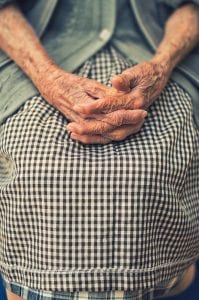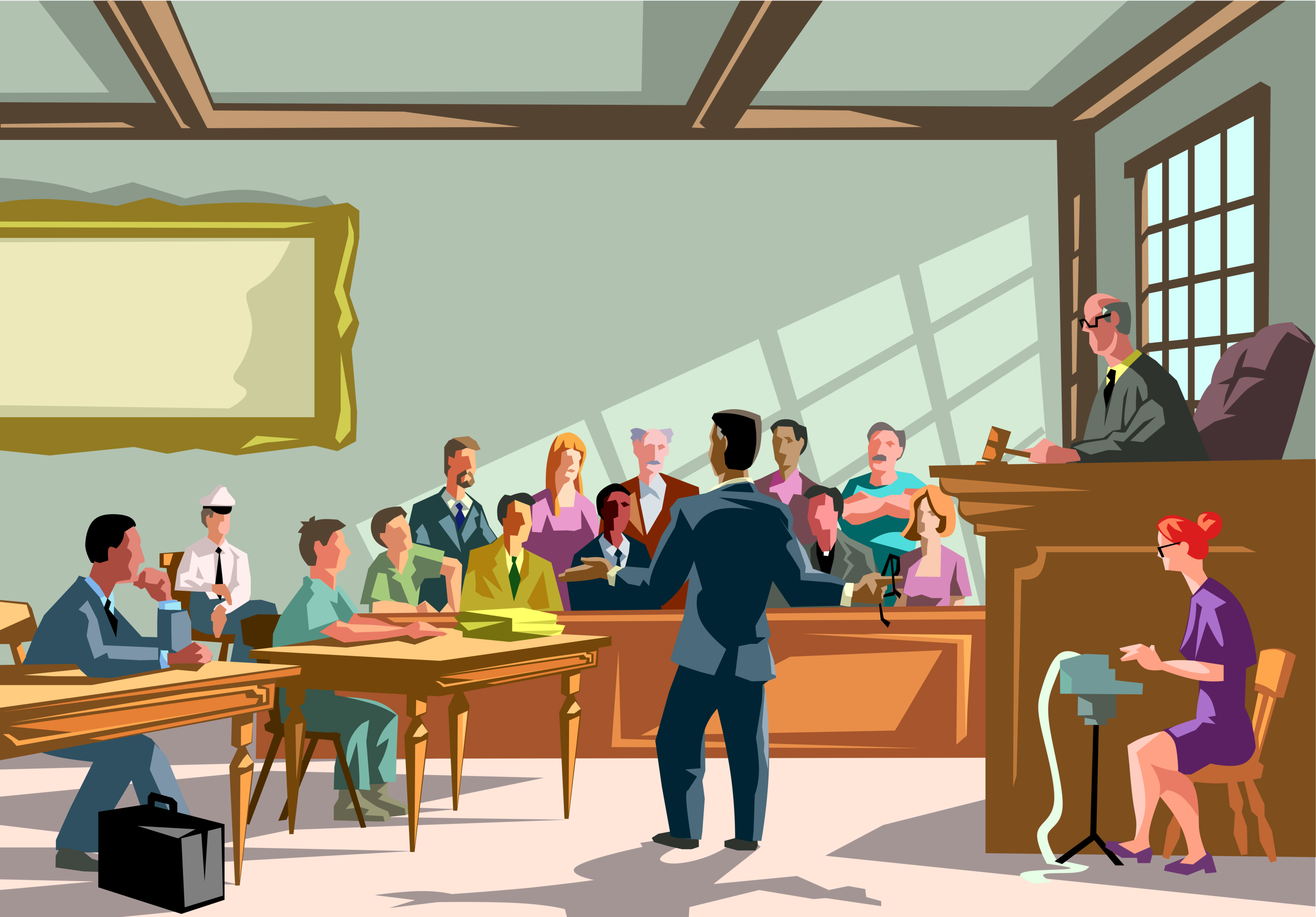If your lawyer or consultant suggests you dress a certain way, think twice before you brush off their requests. What you wear could well affect the outcome of the case.
Situational attire is an important skill in life. Just ask any employer who has seen job seekers show up in jeans and flip-flops for an interview or the elementary school who sees parents show up for a field trip in high heels. Although how you dress is certainly an important aspect of personal expression, it is important to remember that a particular situation should give you some guidelines as well. Nowhere is this more important than in a courtroom.
Although you may not be aware of it, how you dress sends out important psychological messages to the people who see you. That psychology is so important in the courtroom, that many lawyers hire professional consultants to advise on this aspect of presentation alone. Here are some tips to guide you on your best courtroom attire.
Go for a Neutral Look
In general, people taking part in a court procedure want to dress conservatively. Lawyers of all sexes typically choose a suit with a jacket, dress pants or skirt, and sometimes vests if they want to seem highly professional. Attire for witnesses and defendants are often chosen by a stylist to avoid any accidentally negative impressions. Here too, the go-to style is conservative. Although witnesses may not be as resplendent as the lawyers, you will typically see blazers, conservative shirts, demure dresses, dress pants and sensible shoes.
Colors are chosen carefully because of the powerful psychological messages they can evoke. You don’t want to dress a client accused of a violent crime in red; a color that evokes thoughts of anger and being out of control. For this reason, courtrooms are usually full of people dressed in whites, greys and browns. These colors are not associated with powerful emotions that help to avoid any negative preconceptions by the jury or the judge.
Avoid Individuality
An appointment in court is definitely not the time to use your clothing to express your individuality. Whereas your favorite linen smock may say comfort and elegance to you, to a jury it can read as hippyish and give impressions of flightiness and a lack of gravity. Your stilettos may make you feel powerful, but high heels evoke impressions of sexuality which might be pleasant visually, but there’s also a subconscious bias that sees an overtly sexy person as unsympathetic and untrustworthy. Excessive makeup can convey falseness, a pair of cowboy boots can be interpreted as a lack of intelligence, designer clothes can create an impression of entitlement and distressed blue jeans can be read as a lack of respect for societal rules.
In a courtroom, whether you are a witness or a defendant, you want to allow the lawyers to define a narrative unhindered by the preconceptions that your manner of dress could invoke. It’s one of those rare situations in life in which being unremarkable is the goal.
Project Your Desired Identity

A jury consultant or lawyer may at times request someone to wear clothing that projects a certain persona. As unbelievable as it sounds, the human tendency to accept visual cues is so strong, that it can affect their decisions in a court case.
It is not uncommon for defendants to be dressed in clothing and colors that make them look innocent. Expert witnesses are styled to maximize the impression that they are highly educated and trustworthy. Character witnesses are dressed to evoke the impression that they are good people who can be trusted to tell the truth. In these instances, neutrality is not the goal, but a curated impression engineered to evoke very specific emotions.
As you can see, there’s a lot more that goes into dressing for court beyond personal preferences or even style guidelines. What you wear will make immediate impressions on the most important people in the room: the judge and the jury. So, if your lawyer or consultant suggests you dress a certain way, think twice before you brush off their requests. What you wear could well affect the outcome of the case.


Join the conversation!